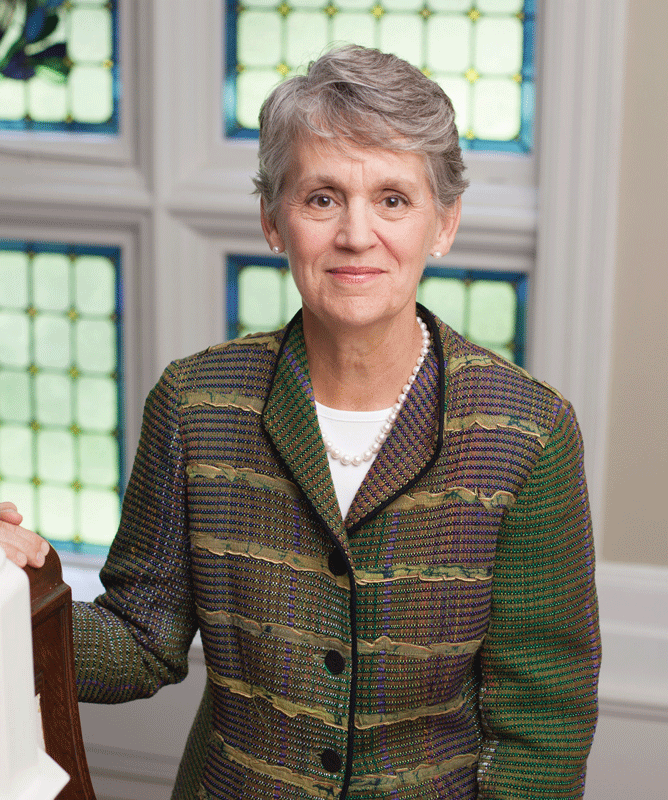The Land of (Equal) Opportunity?
We like to think of America as a land of opportunity, and especially a land of equal opportunity, where hard work, cleverness, and self-improvement lead to upward mobility. But the fact is, there has been a huge increase in income inequality in the past several decades that has made this dream unattainable for low-income families. Paul Krugman, the New York Times columnist and Nobel laureate in economics, has described the situation in America as one in which it is becoming more and more common that social class is inherited rather than earned through hard work and self-improvement.
We pride ourselves in believing that that description sounds more like some other countries and not like America. But the facts are telling us otherwise.

Over the past several decades there have been major shifts in the growth of job sectors that require more than a high school diploma. It has been estimated that by the end of this decade, nearly two-thirds of available jobs will require some amount of higher education. Thus, if the way to strengthen the middle class and help reduce the gap between the richest and poorest Americans is to increase competition for these jobs, then the higher education degree will become for the 21st century what the high school diploma was to the 20th century.
However, the United States has been falling behind other countries in the proportion of its population that achieves this level of education. As recently as 1990, the U.S. held the No. 1 rank worldwide for the number of people 25–34 years old who had a higher education degree. According to the Department of Education, we are now No. 12, with 44 percent of that age group holding a degree. (South Korea is No. 1, by quite a large margin, with 66 percent.) The White House estimates that regaining the No. 1 rank will require an increase of 20 million college graduates over and above current graduation rate projections.
Progress toward this goal is made more difficult by the fact that the fastest-growing groups of young people in America are those that are historically least likely to finish a postsecondary degree. Recent research shows that the likelihood that you will go on to college and stay in college long enough to finish a degree depends on family income level and race, and not just on ability and preparation.
I continue to believe that all colleges and universities can do more to attract and retain students from all socioeconomic backgrounds. And when they do, we will see greater diversity first at our institutions and later among the population that competes for better, more satisfying and interesting jobs. College-educated workers will also be more capable of switching jobs, because many of the skills that they learn in college (such as critical thinking, communication, scientific literacy, etc.) are portable from job to job. This is important because now, more than ever, people are likely to have multiple jobs over the course of their career.
The communities in which college-educated individuals reside also benefit. Having a degree correlates to the likelihood that you will vote and be civically engaged in the community. College grads are also more likely to work as volunteers in community organizations.
On campuses, increased diversity of all types is a benefit to the entire college community. By listening to each other, we hear and learn from a wider variety of viewpoints than would ever be possible if we were all alike. Homogeneity—sameness within the population—is a good deal easier but is poor preparation for entry into a messy, globalized world after college.
In his recent book on college admissions, New York Times columnist Frank Bruni comments on the value of a diverse college community by saying that “with exclusivity often comes sameness, and there’s an argument that college shouldn’t take you out of the real world but thrust you into it, exposing you to places unlike the ones you’ve already inhabited and people different from the ones who’ve surrounded you thus far.”
In a speech shortly after the death of Freddie Gray and the ensuing reaction in Baltimore, President Obama cited the lack of economic opportunity for young people of color as one factor fueling the protests. Improving access to higher education for students from socioeconomically disadvantaged families can be of real help in providing that opportunity, and this is a place where we can make and are making a difference.
I hope that American colleges and universities, both public and private, can make enough progress on access to contribute to real change.
This column was adapted from President Hill’s 2015 Spring Convocation address, delivered on May 6.
